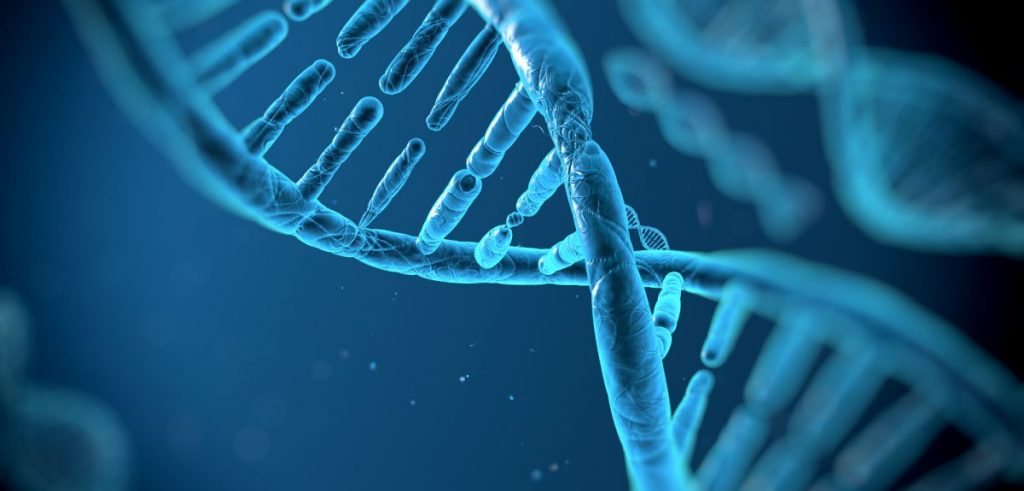
The human cerebral cortex, with its intricate folds and innumerable interconnections between multiple neuronal circuits, represents an evolutionary leap in cognitive capacity over every other known species. Evolutionary psychologists such as Geoffrey Miller claim the explosion in human intelligence results from “fitness indicators” — evolutionary developments designed to increase the likelihood of mating. Psychoanalysis suggests human cognitive developmental burgeons in response to a universal, unavoidable trauma occurring in infancy.
Unavoidable Trauma Psychoanalyst Jean Laplanche argues that no human infant can avoid a specific kind of trauma – the trauma of the parental unconscious. All babies are raised by adults, obviously; but less obviously, adult carers transmit both intended and unintended messages to their developing babies during parental care. Melanie Klein, one of the original pioneers of child psychoanalysis, argues that babies take in maternal love and understanding at the breast as well as milk. Laplanche adds they also receive puzzling messages from parents, emanating from unconscious activity in the parental mind.
Unintended Communications Adam Phillips, in his guide to the thought of British psychoanalyst Donald Winnicott, writes, for Winnicott, anything a child finds incomprehensible will be experienced as traumatic. Laplanche applies this concept rigorously to his account of human cognitive development: babies and small children receive unofficial communications during parental care the parent has no awareness of. This might take the form of a facial expression, a tone of voice, a gesture, even an odor, that somehow seems at odds with the intended parental message. Enigmatic Messages and Trauma A parent who professes love but acts in an almost mechanical or merely dutiful way when it comes to soothing, comforting or assisting a distressed child conveys a message that contradicts the consciously proclaimed one. Similarly, a parent who giggles at misbehavior while verbally condemning it transmits a profoundly contradictory message. These confusing, unintended accompaniments to consciously intended actions and words constitute what Laplanche refers to as “enigmatic signifiers,” or puzzling messages.

Because the parent remains completely unaware of them, they cannot be prevented or transformed into reassuring meanings for the child, who feels helplessly baffled by them. Trauma and Cognitive Development According to Laplanche, all children receive varying degrees of unintended, unconscious communication from parents — communications which, because unnoticed by the parent,
Thought and Being Thought About Laplanche insists his notion of universal trauma does not mean abuse. A small number of disturbed parents do indeed subject their children to cruelty and abuse, and Laplanche never excuses this. Enigmatic messages conveyed in an atmosphere of robust parental devotion and love will sponsor cognitive development, but in an atmosphere of neglect and fear, they will impede or stall it. Psychoanalyst Wilfred Bion emphasizes the pivotal importance of parental emotional receptivity to a child’s gestures and cries. When parents sensitively receive a child’s panic, for example, and soothe the child back to emotional